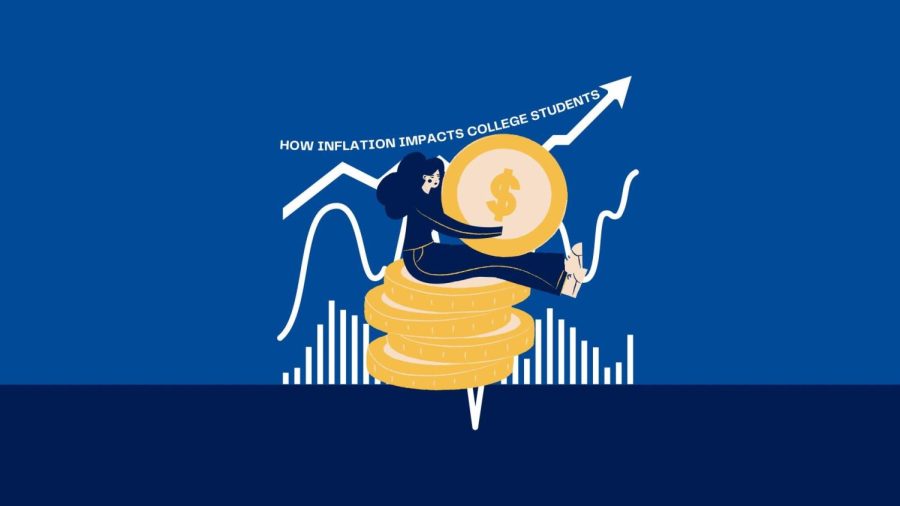Students are investors. From Pre-K to university, the time spent in the classroom is an investment in a student’s future. Investing in education starts early in life, but young people may be less prepared when it comes to financial investments and saving.
While budgeting may sound simple (don’t buy things you can’t afford), planning for a financially stable future isn’t always as straightforward. Spinnaker has compiled some ways students can prepare for their financial future while continuing to invest in their education.
Scholarships
Who doesn’t want to get money? Scholarships are a special way for students can receive some extra cash, and they’re not only for the students with 4.0-grade point averages. The University of North Florida (UNF) provides an extensive list of Foundation Scholarship opportunities students can apply for. Some applications require students to meet specific criteria and write essays, while others let students apply quickly with a general application.
Organizations independent of UNF also provide unique scholarship opportunities. The Jax Federal Credit Union (JFCU) offers a $1,000 scholarship toward tuition for full-time students in the Fall 2022 semester. Applicants must meet certain criteria and write an essay on the importance of saving, a financial lesson they’ve learned, or how credit unions serve younger audiences. The deadline to apply is June 4.
Savings accounts
Having a separate account from the one used for paying bills can let students put money aside for later. A savings account is a simple, low-risk way to begin keeping money for later.
“When you first get started, I always recommend starting a budget,” said Tyler Ferguson from the JFCU. “Figure out what your finances are on a monthly basis and subtract that from your net income and start forcing yourself to save even if you have to do a small amount.”

Getting into the habit of setting money aside is a great way to prepare for the future, Ferguson said. Saving $10 a week may not sound like much, but Ferguson explained that starting a habit of saving lets students build a financial safety net for themselves that they can continue to build as their incomes get higher.
Ferguson invited students to open a $10 savings account at JFCU.
CDs and Money Markets
For students who can commit to not withdrawing some of their money for an extended time, investing in certificates of deposits (CDs) and money markets (MMAs) are ways to earn extra money while saving.
“Time is your best friend,” UNF professor of economics Dr. Lian An said.
Dr. An explained that both CDs and MMAs produce higher interest rates than regular savings accounts but sometimes have fees for withdrawing money or require a larger sum of money to set up. Dr. An recommended CDs because they tend to have fixed interest rates, but acknowledged that students who can’t sacrifice the money they deposit into a CD for an extended amount of time do not use them because there are withdrawal fees if the money is taken out too early.
Educated investing
“Time in the market beats timing the market,” Dr. An explained, meaning that the more time investors let their investors grow, the more money they will accumulate.
Dr. An stressed that trying to find the perfect times to buy and sell stocks is not as profitable as holding on to investments long term. She also explained that students should not invest in the stock market with money that they can’t afford to lose.
“Just be mindful of what you’re putting into [the stock market] because it is something that you aren’t guaranteed,” Ferguson advised.
While making money investing in the stock market isn’t guaranteed, Dr. An explained that if students do their research and invest in reliable stocks that tend to grow over long periods of time, they are more likely to earn money from their investments. She advised against newer investments such as cryptocurrency because they can be more volatile than established stocks.
“Avoid trying to become rich overnight,” Dr. An said.
Investing your time
Learning a new skill or trade is something that can’t be taxed or spent. Dr. An said that by investing in education, students can prepare for their financial futures.
Although education sometimes requires taking out loans, the knowledge gained in class can help students later in life.
Learning outside of class is also valuable, Dr. An explained. She described that the cheapest way people can continue to invest throughout their lives is to keep learning.
___
For more information or news tips, or if you see an error in this story or have any compliments or concerns, contact editor@unfspinnaker.com.
















